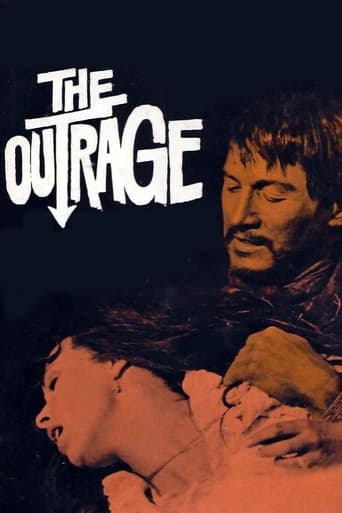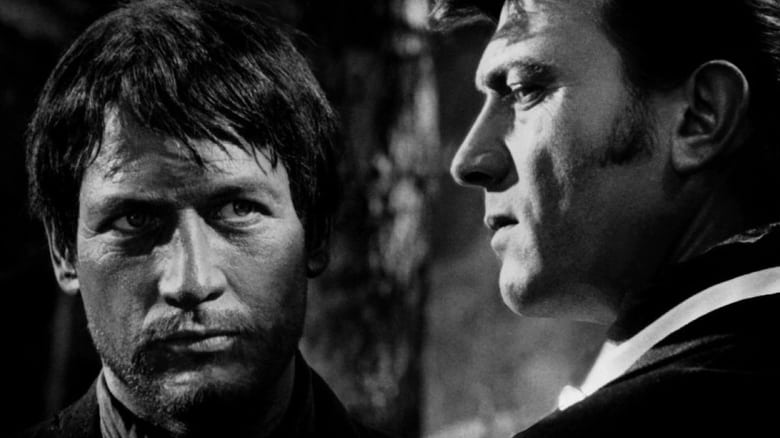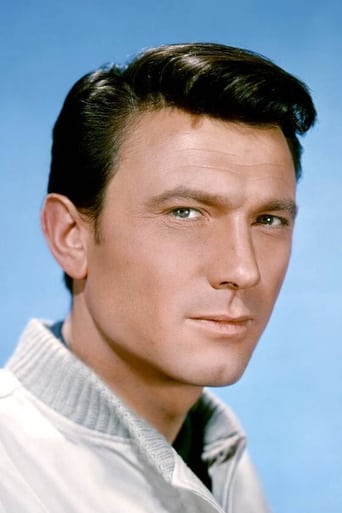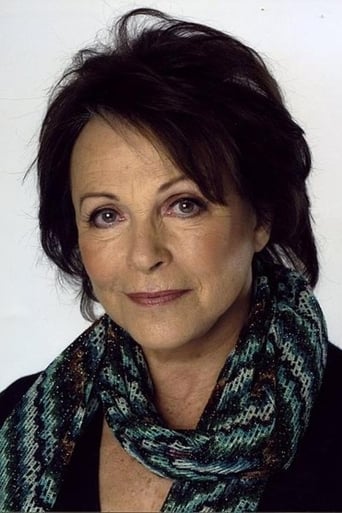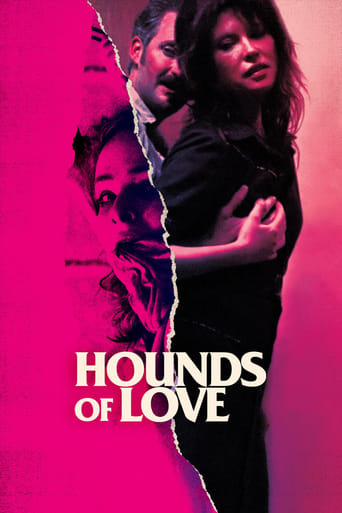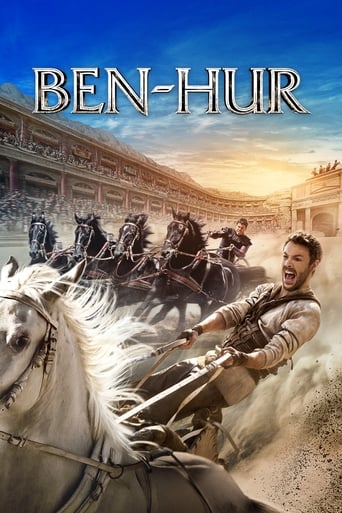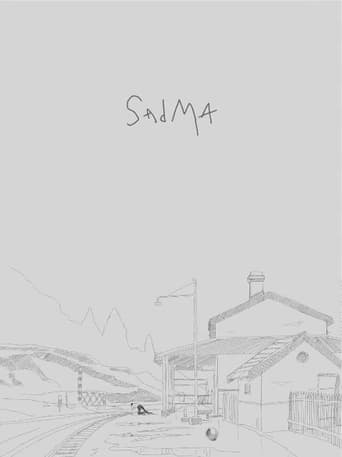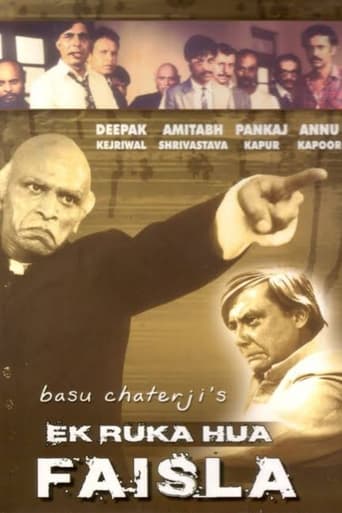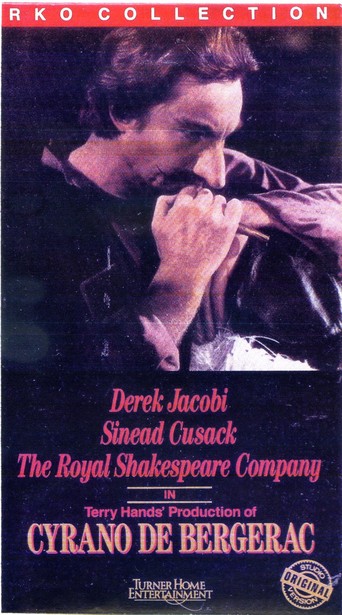The Outrage (1964)
At a disused railway station, three men -- a con artist, a preacher, and a prospector -- discuss the recent trial and sentencing of the outlaw Juan Carrasco for the murder of a man and the rape of his wife. In their recounting, the three explore the conflicting testimonies of the parties involved in the crimes. Disconcerting new questions arise with each different version of the event.
Watch Trailer
Cast


Similar titles
Reviews
The Worst Film Ever
Sadly Over-hyped
Although it has its amusing moments, in eneral the plot does not convince.
The movie's neither hopeful in contrived ways, nor hopeless in different contrived ways. Somehow it manages to be wonderful
Although director Martin Ritt and actor Paul Newman had collaborated successfully on "Hud," "Hombre," and several earlier films, their ill-advised remake of Kurosawa's classic, "Rashomon," misfired. Michael Kanin's screenplay retained the outline of the Japanese film, but moved the locale to the American Old West. Three men at a deserted railroad station discuss a recent incident between a Mexican outlaw and a genteel Southern couple, while they await a late-arriving train. A rape and a death had occurred, but the facts differ vastly among the four versions told by the participants and an observer.Ritt assembled a stellar cast that included not only Newman, but Claire Bloom, Laurence Harvey, Edward G. Robinson, William Shatner, Howard Da Silva, and Paul Fix. Unfortunately, only Robinson excels as a con man waiting with Shatner and Da Silva for the train. A hammy Newman overplays the outlaw, Carrasco, with a thick Frito-Bandito accent in a role better suited for Anthony Quinn. Claire Bloom, whose perfect make-up never fails her in the desert heat, gives a stagy performance as though auditioning for the part of Blanche DuBois. Harvey and Shatner are, well, Harvey and Shatner, wooden. Shatner in particular, plays the preacher, who intones every line as though imparting Great Words of Wisdom from on high. Aided in no small part by Shatner, "The Outrage" plods along sluggishly and makes the relatively short running time seem endless.The film's greatest asset is James Wong Howe's elegant Oscar-worthy black-and-white cinematography. Howe's carefully composed shots of landscapes, textures, and faces are worthy of being framed and hung alongside the work of great Western photographers. However, beyond the cinematography, a spare score by Alex North, and Robinson's lively performance, "The Outrage" is slow ponderous going. Die-hard Newman fans will want to make a campy double feature of this with "The Silver Chalice," but serious students of Kurosawa best return to the original masterpiece.
Having never seen Rashomon I'm at bit of a disadvantage in writing about The Outrage. Nevertheless it's an attempt at something a little more unusual than the average western. As even the beating of Rodney King caught on videotape was successfully challenged in a court of law, what does that say about eye witness testimony? The Outrage is the story of an incident on a western trail that left a traveler dead and his wife ravaged by a bandit on the run.Rashomon the film is only the grandfather of The Outrage. It was first adapted as a Broadway play with Rod Steiger and Noel Willman playing the roles that Paul Newman and Laurence Harvey have on screen. It ran for 159 performances in the 1959 season and Claire Bloom who was Mrs. Rod Steiger at the time was the only one to repeat her role. Rod Steiger would have been a far better choice to repeat for the screen and he certainly has the screen name recognition. Newman was better box office, but Steiger was far better at playing all kinds of ethnic types.Added to the screen are the characters of Edward G. Robinson and William Shatner playing a conman and a disillusioned minister whose conversations with prospector Howard DaSilva provide a kind of narrative framework for the proceedings. DaSilva provides one of four versions of the events. All we know for certain is that Claire Bloom got violated by Paul Newman and Laurence Harvey wound up dead. At Newman's trial, he and Bloom provide differing accounts of what happened. An old Indian medicine man played by Paul Fix came upon a dying Laurence Harvey and Fix repeats it for the court. And then DaSilva tells Shatner and Robinson yet another version of the same events.Bloom is a southern belle, not quite of the upper crust, she married well and she does her best to imitate the behavior of one of the upper crust, no doubt taking Scarlett O'Hara as her model. Laurence Harvey is Ashley Wilkes had he married a road show version of Scarlett instead of Melanie Hamilton. Repeating her performance from Broadway, I'd say Claire was the best one in this film.The conclusion was most unsatisfactory in my humble opinion, the focus could have and should have stayed on the three protagonists not on the witnesses. Still The Outrage is definitely a most adult western.
Good acting by good actors. A well-filmed movie. Good character development. No plot.Some guy is dead. His wife is raped. Eyewitnesses give different accounts. Eventually, it gets cleared up. Movie over.Lots and lots of talking. Lots and lots.It's a fairly enjoyable movie for most people, the apparent exception being people with liberal arts degrees. This is a remake. So it is automatically trash to anyone who took film-making 101 as an elective. There are two fine counter-arguments. One is that every play of Shakespeare was stolen from earlier works. The second is that all good stories will be remade someday. Yes, even Earnest Goes to Camp will be redone some day.The 1950 movie Rashomon by Akira Kurosawa is known to some as a classic. It's chief quality, the directing, is the sole reason why Rashomon is remembered today. It is remembered, but not viewed. It has too many deficiencies. Rashomon was in Japanese. Not too many of us speak Japanese. It had Japanese actors. Not too many of us know any Japanese actors. It was set in Japan. Not too many of us prefer a Japanese feudal setting to a rootin-tootin Western.Rashomon still shows in colleges. Lots of freshman find deep meaning it. Lots of professors swear it is the epitome of film-making. None of them watch it outside the classroom.Watch this movie if you like a meandering whodunit set in cowboy days.Watch Rashomon if you are Japanese, speak Japanese, like movies set in Japan, and like movies even slower than this one. Or if your professor makes you watch it.
Akira Kurosawa's "Rashomon" Americanized and moved to the Old West. A preacher, a con-man, and an old-timer rehash the recent conviction of a notorious Mexican bandit, deemed guilty of killing a newlywed traveler and raping his wife. Gimmick of the differing accounts preceding the crime provides the only interest; the characters, the literate but prosy dialogue, and the over-worked performance of a miscast Paul Newman as the mustachioed bandito are each in their own way utterly false. James Wong Howe's striking black-and-white cinematography provides an appropriately moody feel, and Alex North delivers yet another of his fabulous music scores, but the picture isn't intrinsically exciting--it alienates the audience. The various brutalities are gripping, though rather uncomfortable to watch (due to director Martin Ritt's sensationalist staging), while the final summation is muddled and unsatisfying. *1/2 from ****

